Taxable Purchases and Employees
Hi everyone,
Welcome to your weekly tax tip!
This week, we’re diving into an important topic that often trips up businesses of all sizes: taxable purchases and employees. It may seem straightforward, but the sales and use tax implications can vary significantly depending on how items are distributed or sold to your team.
Let’s break down what you need to know to stay compliant and avoid unexpected tax liabilities.
I talk about it in more detail in the video.
Understanding the Difference: Gifts vs. Sales to Employees
When it comes to employees and taxable items, one of the most important distinctions is whether an item is given to an employee or sold to them. This difference determines who is responsible for the sales or use tax.
Example: Uniforms
Consider the example of employee uniforms. If an employer gives a uniform to an employee — let’s say, a branded polo shirt — this is considered a gift, not a sale. The employee is not responsible for paying sales tax. However, that doesn’t mean the transaction is exempt from tax altogether.
In this case, the employer is responsible for the tax. If the employer purchased the uniforms from a vendor, the vendor should have charged sales tax at the time of purchase. If, for some reason, the vendor didn’t charge tax, the employer is required to accrue and remit use tax through their sales and use tax return.
What If the Item Was Purchased for Resale?
Things get a bit more complex when the item given to an employee was originally purchased under a resale exemption. Let’s say the business bought a batch of t-shirts intending to sell them to customers — a valid resale situation. But instead, some of those shirts are given to employees.
Here’s the issue: resale exemptions do not apply when the item is used rather than resold. When the business gives away or uses the item internally, the resale exemption no longer applies. Instead, the business must pay use tax on the fair market value of the item when it is used.
This scenario is more common than many business owners realize. It’s easy to lose track of inventory that was purchased for resale but ends up being used for promotional purposes, employee use, or other internal needs.
When Employees Purchase Items
Now, let’s flip the script. What happens when the employee purchases the item, such as when a uniform is required and employees are expected to buy it themselves?
In this case, the employee is the end-user, and the transaction is taxable to them. The applicable sales tax must be charged on the sale — whether the employee is buying the item directly from a vendor or from the employer.
If the employer sells the uniform directly to the employee, they must act as the retailer and collect and remit sales tax accordingly. The same rules apply if the employee buys the uniform from an outside source — the vendor should collect sales tax at the point of sale.
The key takeaway? No matter how the transaction is structured, sales or use tax must be paid by someone — either the employer or the employee — depending on who the end-user is.
Final Thoughts
These distinctions might seem minor, but they carry significant implications for tax compliance. It’s essential to track how items are used or distributed within your business, especially when they’re taxable.
Failing to apply the correct sales or use tax treatment could lead to unexpected liabilities during an audit — something no business wants to deal with.
Tax Tip Recap
- Gifts to employees: Employer pays sales/use tax.
- Resale items used by business/employees: Use tax is due.
- Employee purchases: Employee pays sales tax; employer collects and remits if they’re the seller.
DISCLAIMER: These are general tips and guidelines. Always consult the specific rules and regulations applicable in the jurisdictions where you do business.
Stay tuned for next week’s tax tip!
Key Takeaways:
- There are multiple factors that determine who is responsible for paying sales tax on items for employees.
- Whether the employer or the employee pays sales or use tax on otherwise taxable items depends on who is the actual purchaser of the taxable goods.
- Review the applicable sales and use tax rules relating to taxable purchases in the jurisdiction where you do business.
More Tips in The Sales Tax Sisters Academy
Our mission to provide a resource so business owners, accountants and bookkeepers can understand sales & use tax compliance. We know that sales and use tax laws are not the easiest to understand. Our focus is on empowering you with a framework and general understanding, so you know what questions to ask and where to go to get the information you need to stay on the right side of sales and use tax compliance.


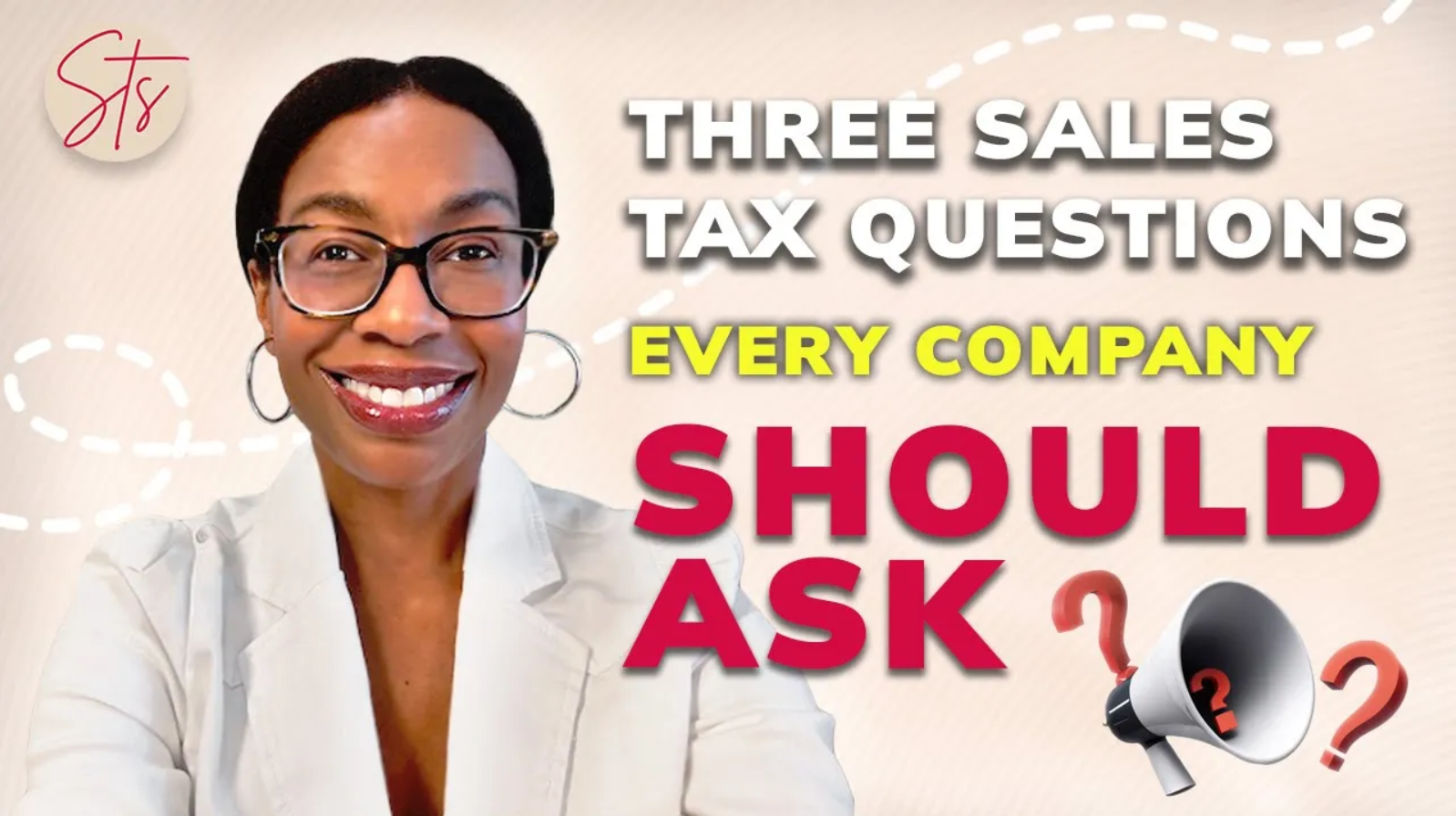
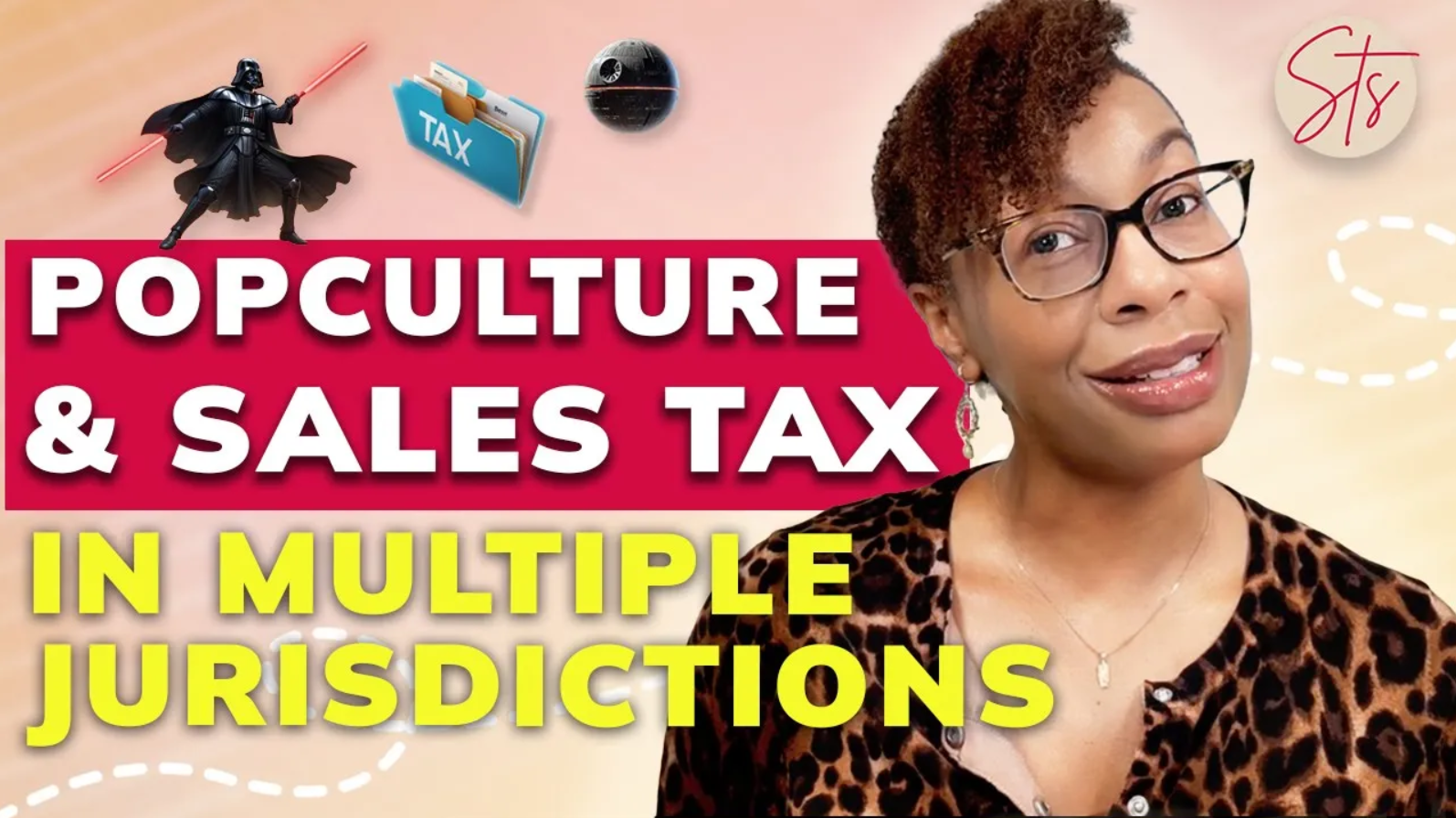
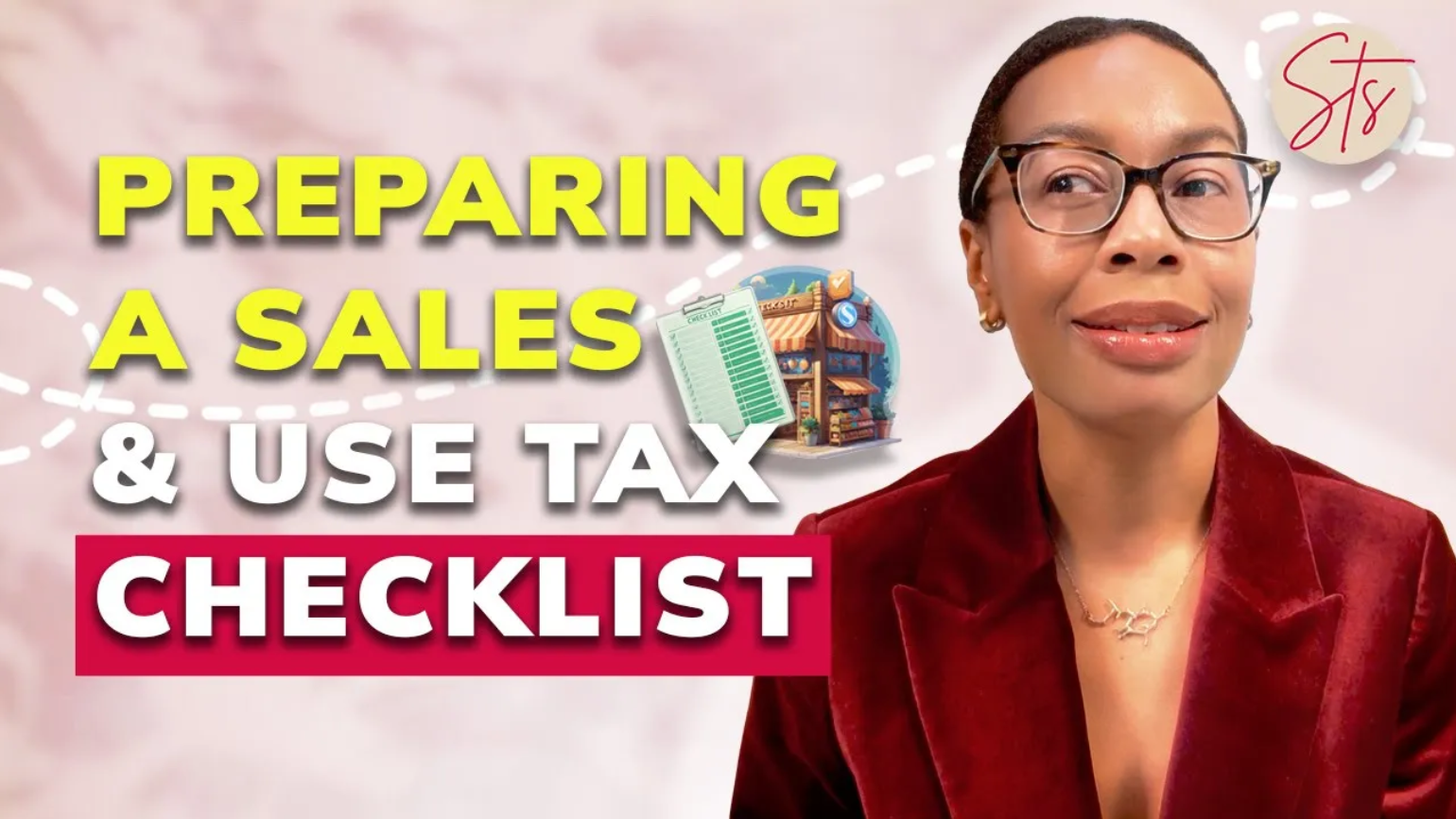

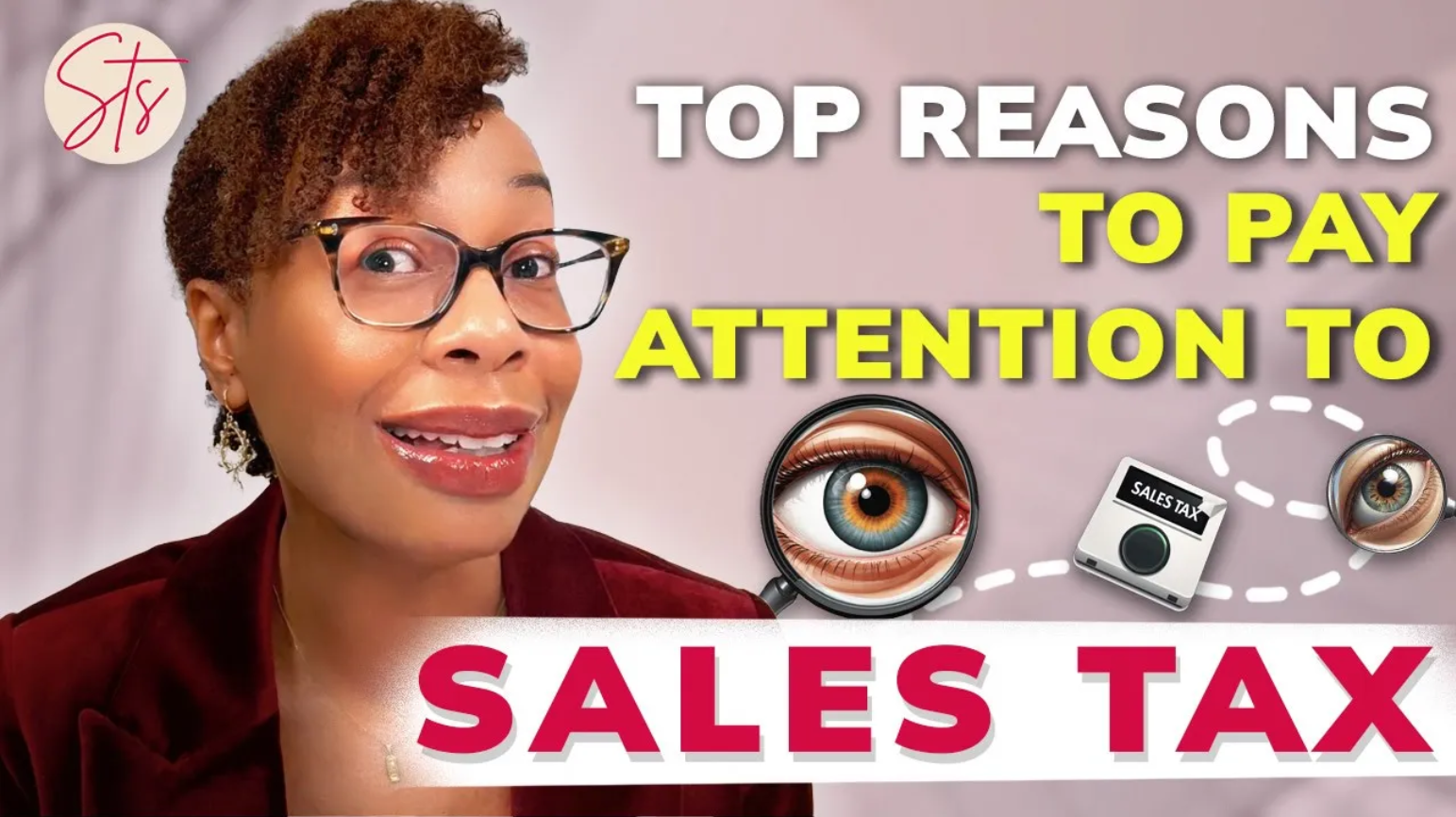
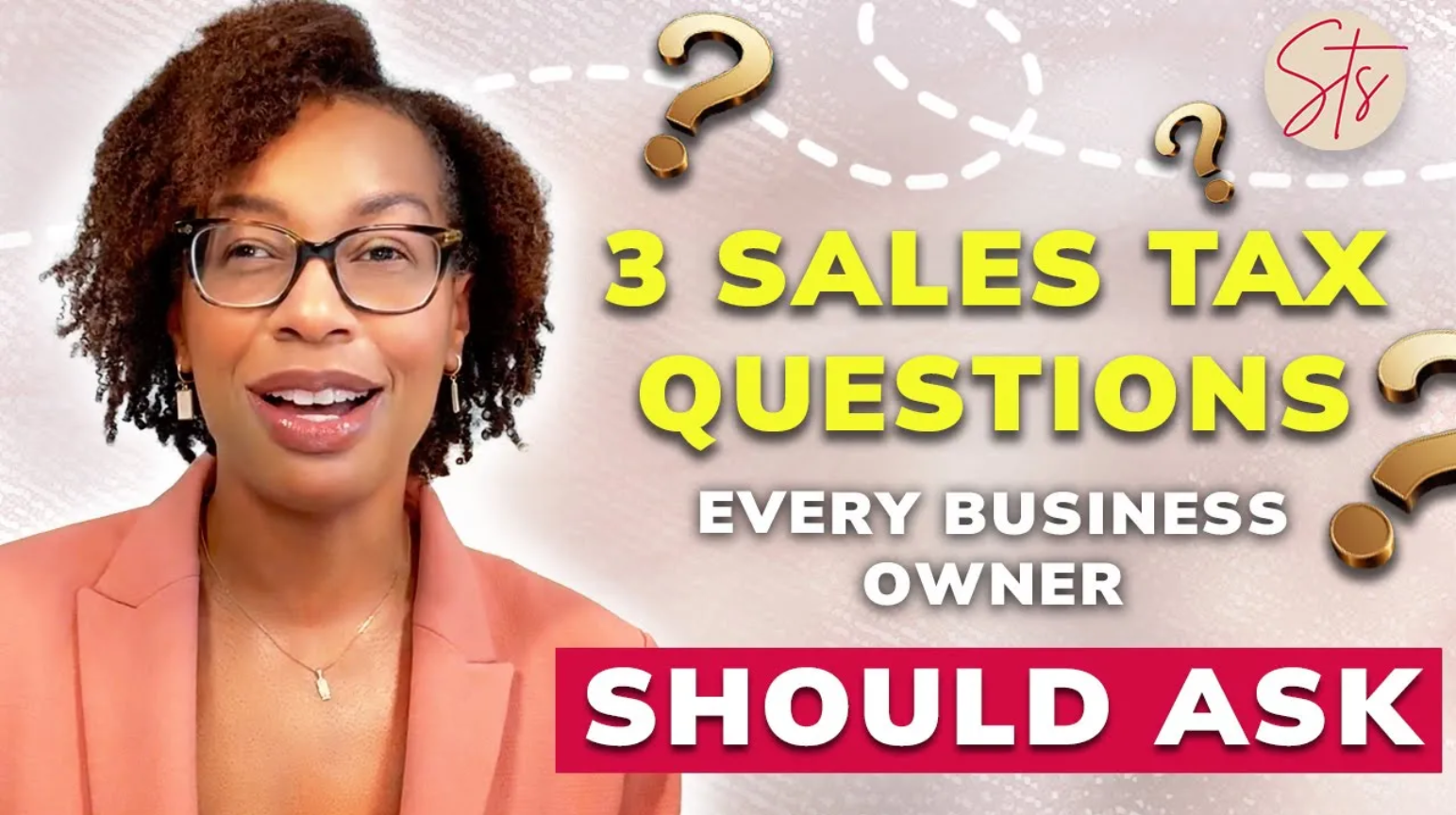
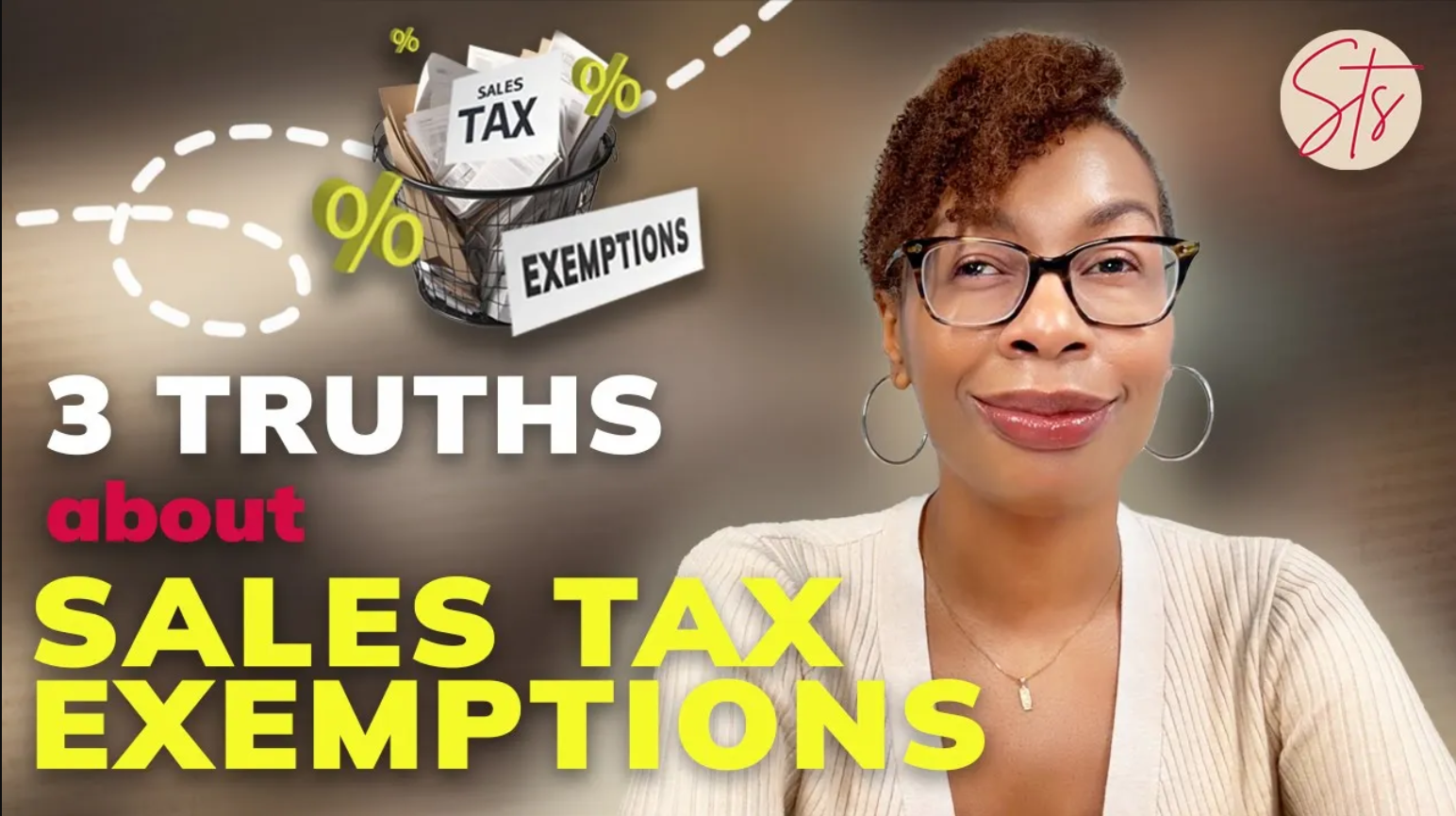
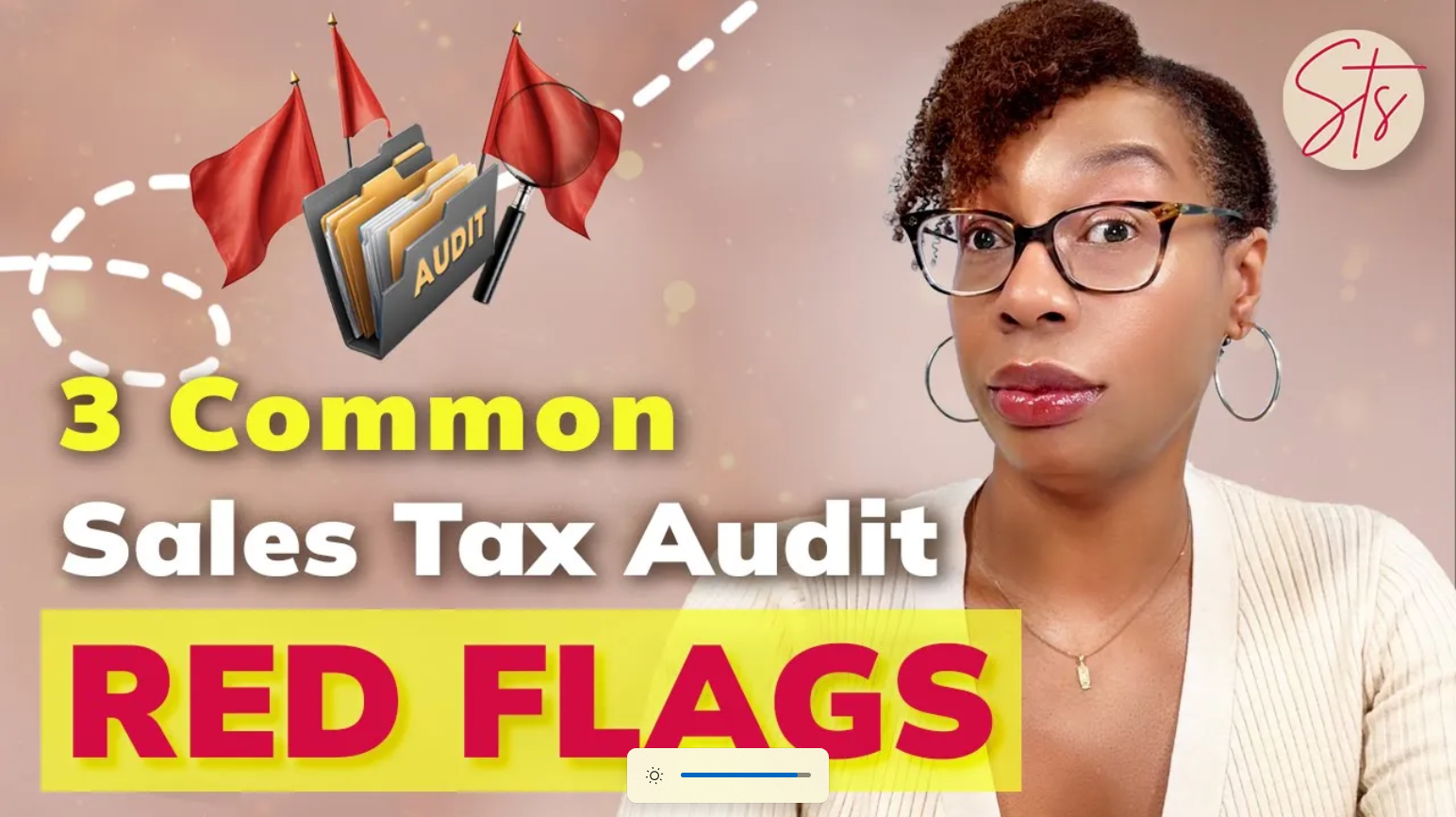

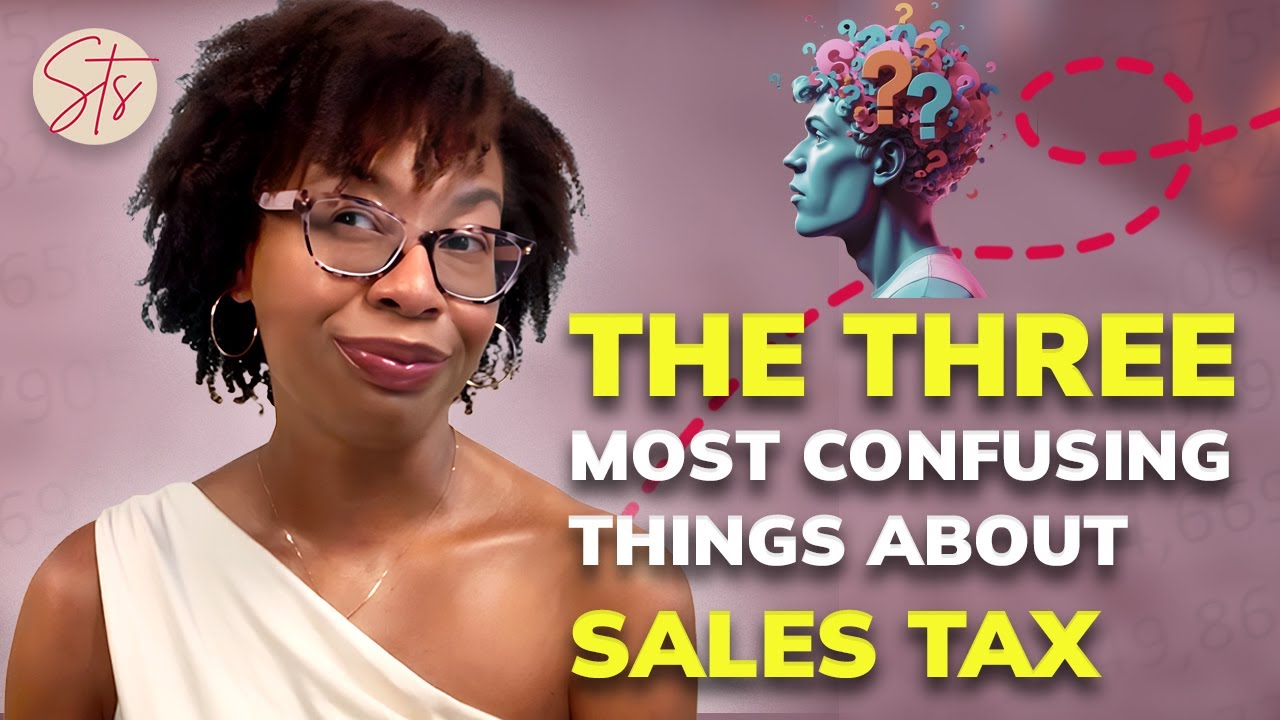




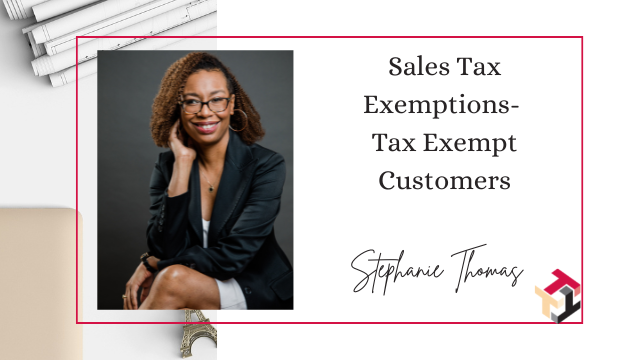


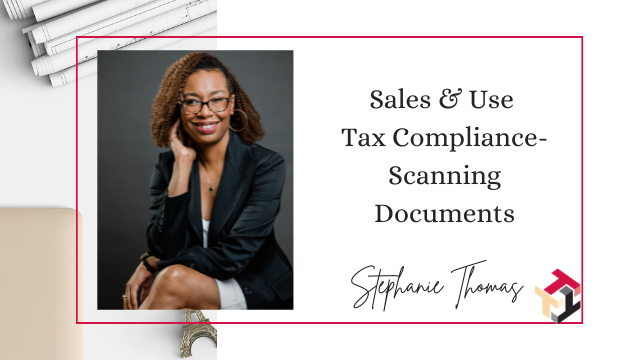







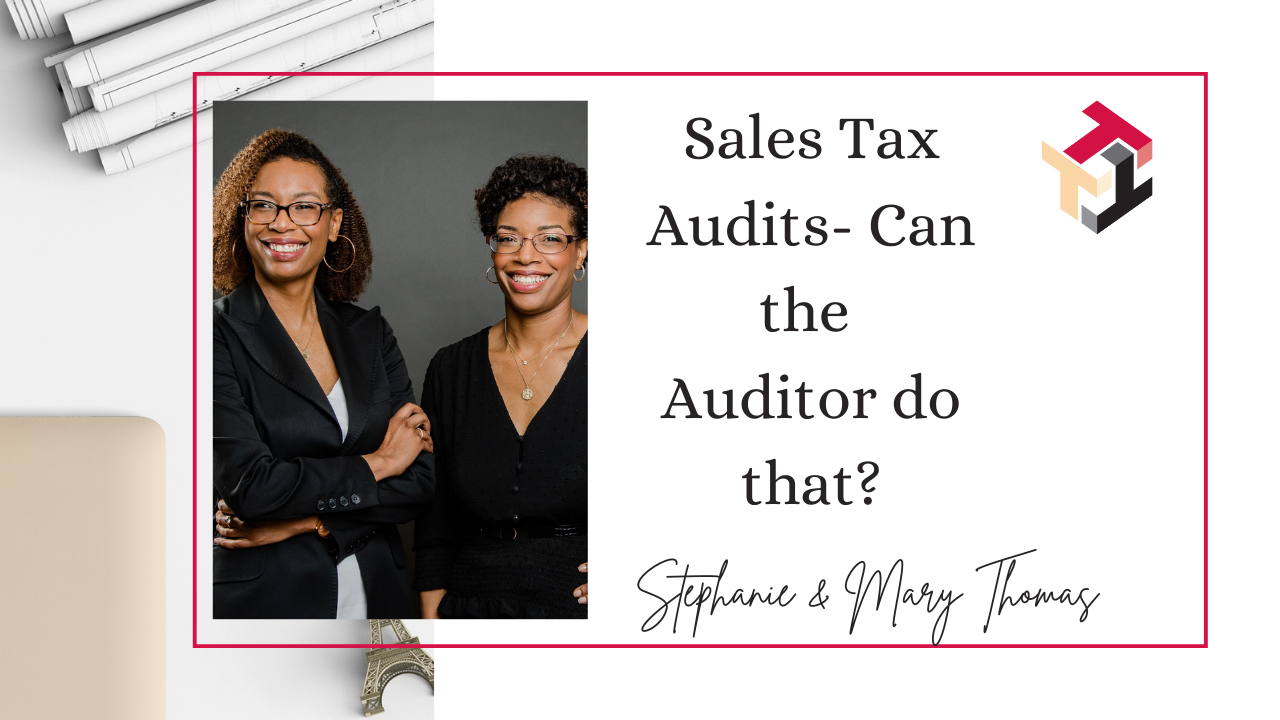


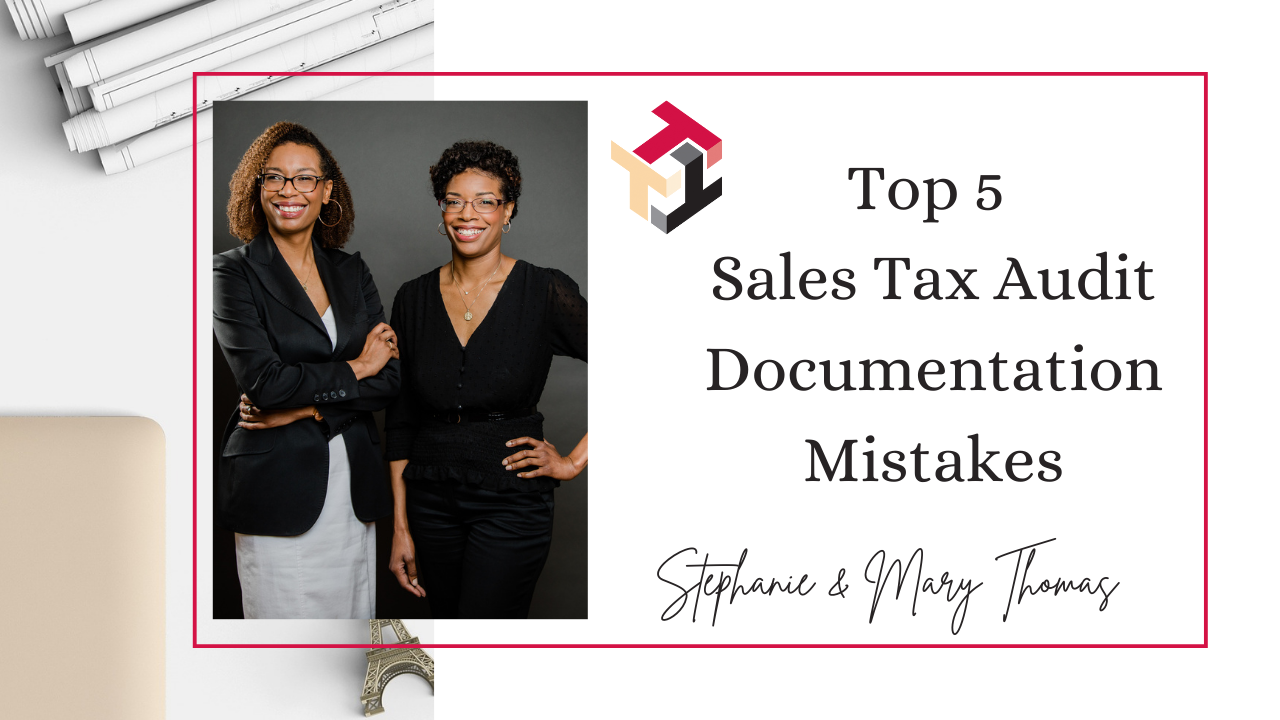
0 Comments